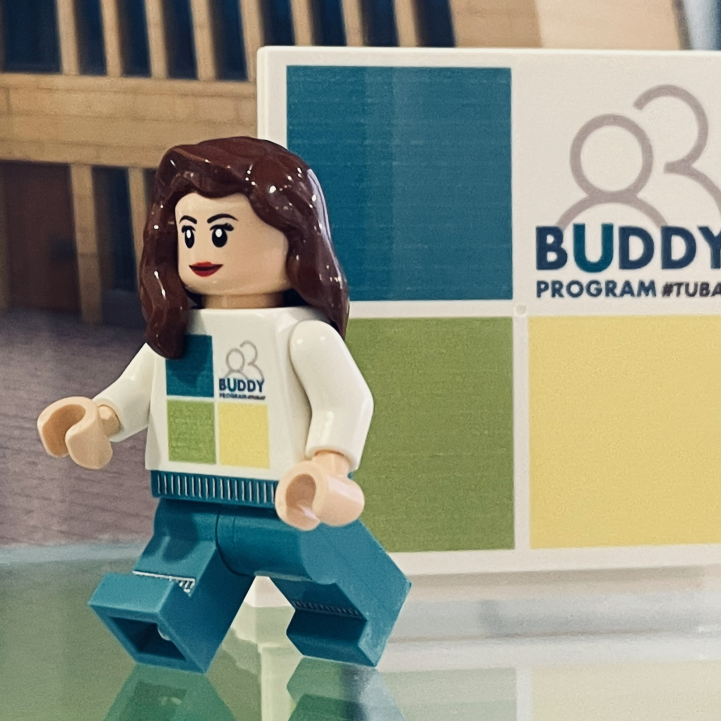Freiberg Steel Day - 150 years of the Institute of Iron and Steel Technology
Green steel, climate neutrality and decarbonisation - the challenge by 2050
Can the steel industry become climate neutral and sustainably decarbonise its value chains? We will get to the bottom of this question at the Freiberger Stahltag and discuss the far-reaching technological and economic changes required to achieve this.
The steel industry is one of the most energy-intensive sectors: In Germany, it requires around 2.1 billion cubic metres of natural gas and 25 terawatt hours of electricity per year. Rising energy prices are threatening competitiveness - short-term measures such as price caps alleviate the crisis, but do not solve structural problems.
The presentations describe the current focus on ways to decarbonise steel production. These include, for example, the use of hydrogen for the direct reduction of iron ore. As a result, the production of CO2 can be largely avoided. The material-chemical utilisation of metallurgical gases to create new material cycles is also possible. In addition, scrap-based electric steel production is becoming increasingly important as it saves energy and raw materials. By-products such as slag can be used sustainably as substitute building materials or metal-containing dust can be recycled.
How can the energy-intensive German steel industry be preserved without jeopardising the location? The solution lies in the balance between technological progress, political support and planning security - at the interface of sustainability, competitiveness and social responsibility.
You can look forward to high-calibre presentations and exciting discussions with leading experts from the steel industry and science. The programme includes presentations from thyssenkrupp Steel Europe AG, Salzgitter AG, Primetals Technologies and many more.

